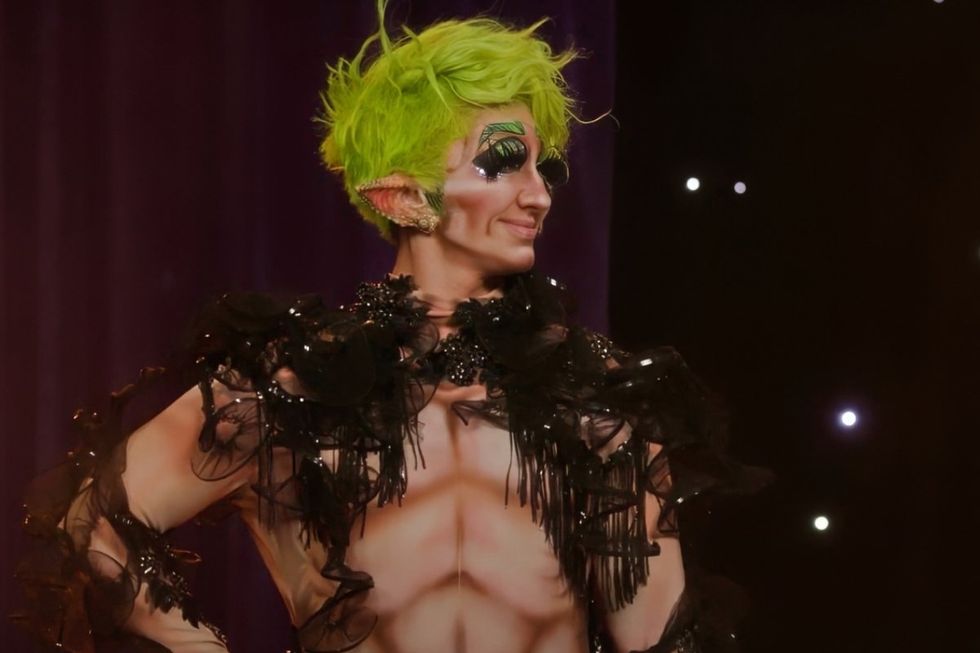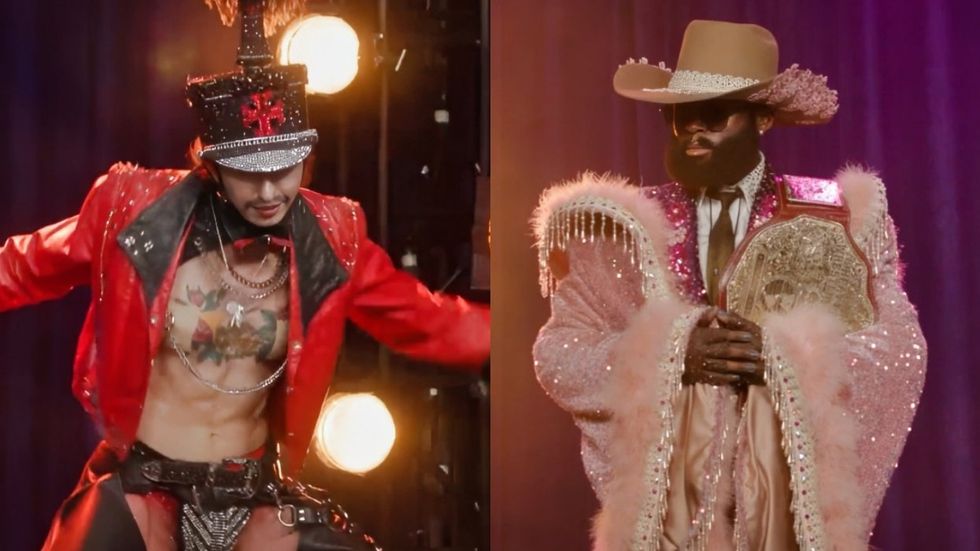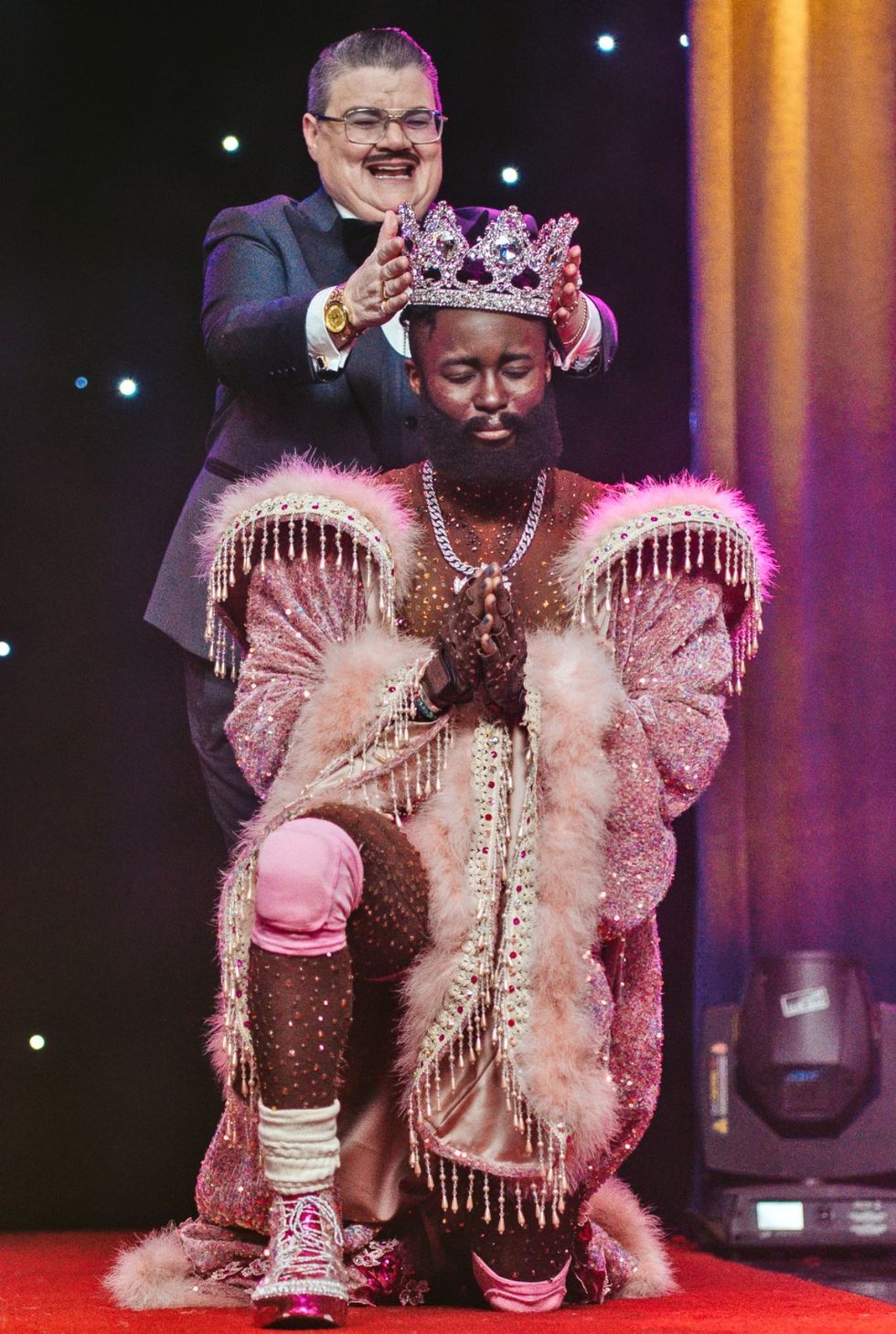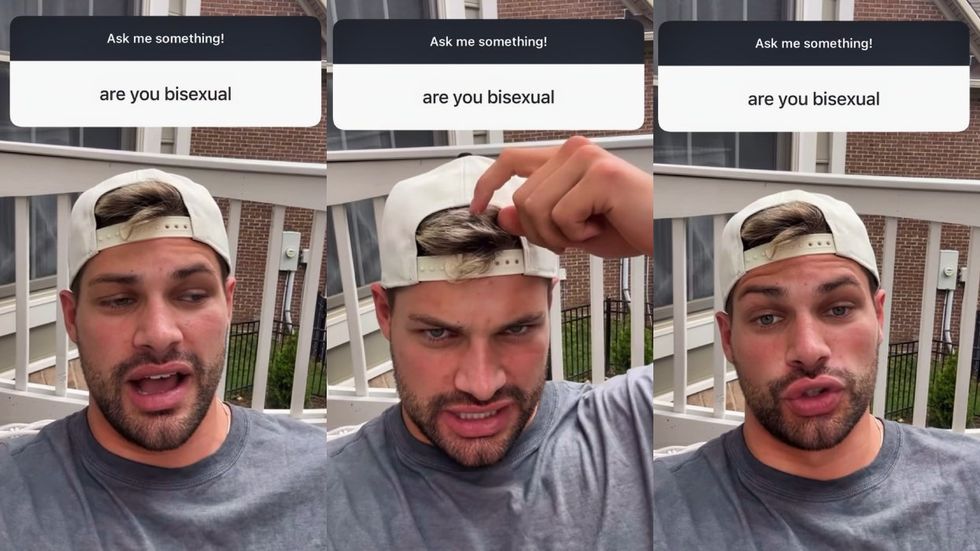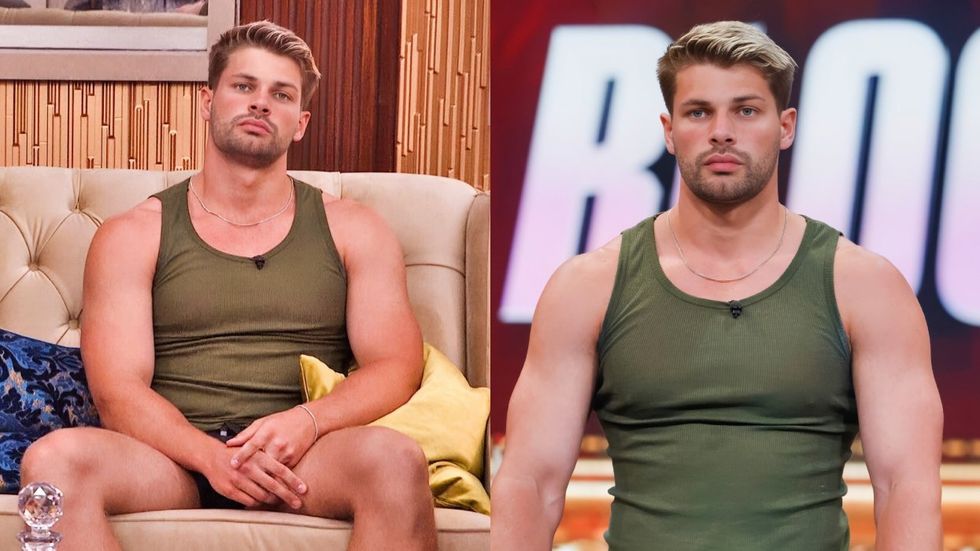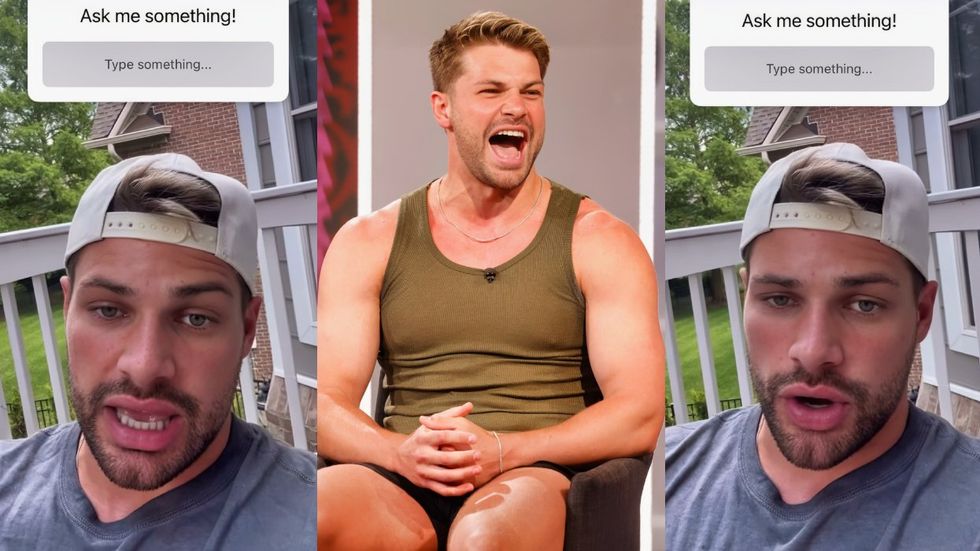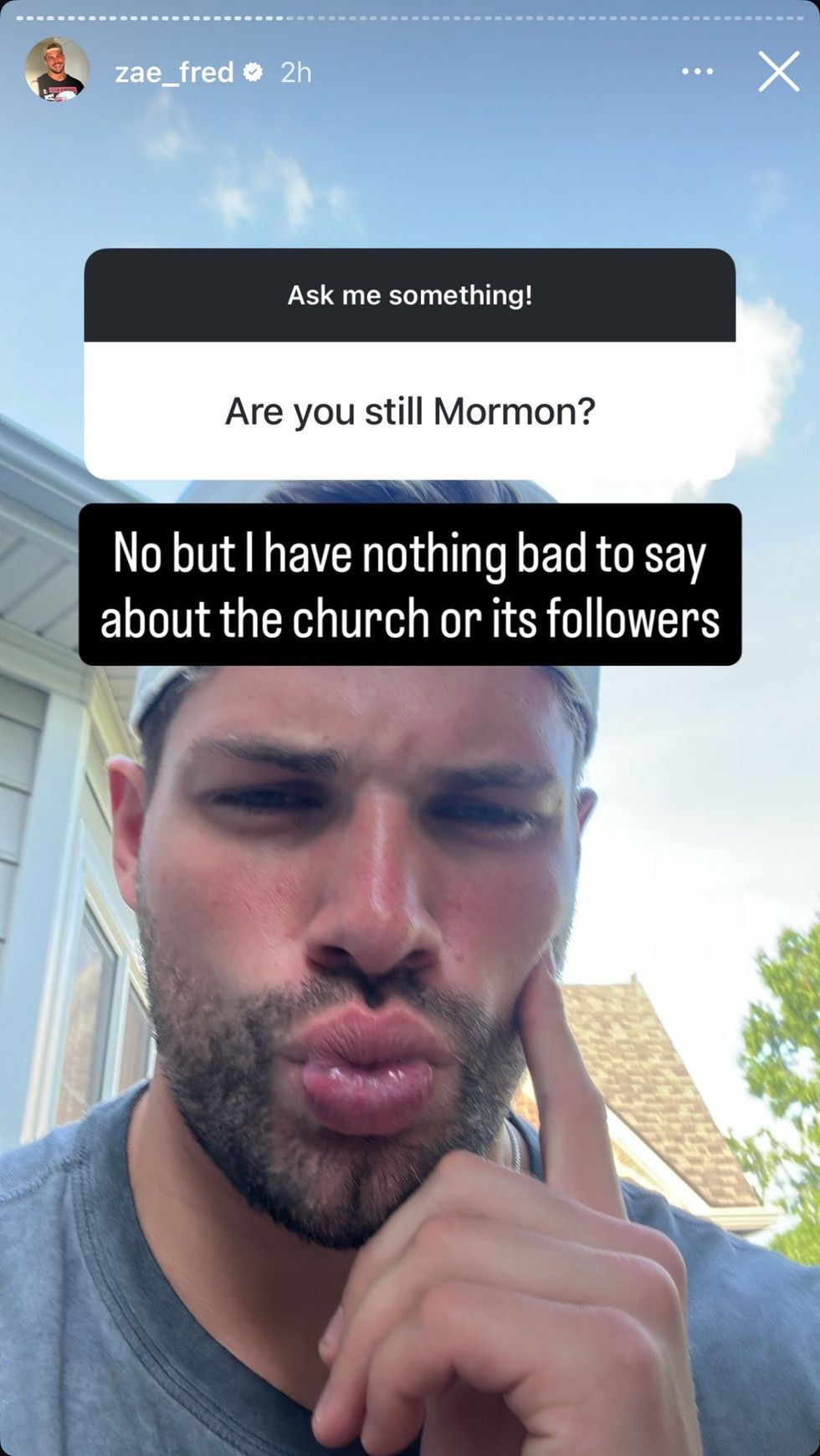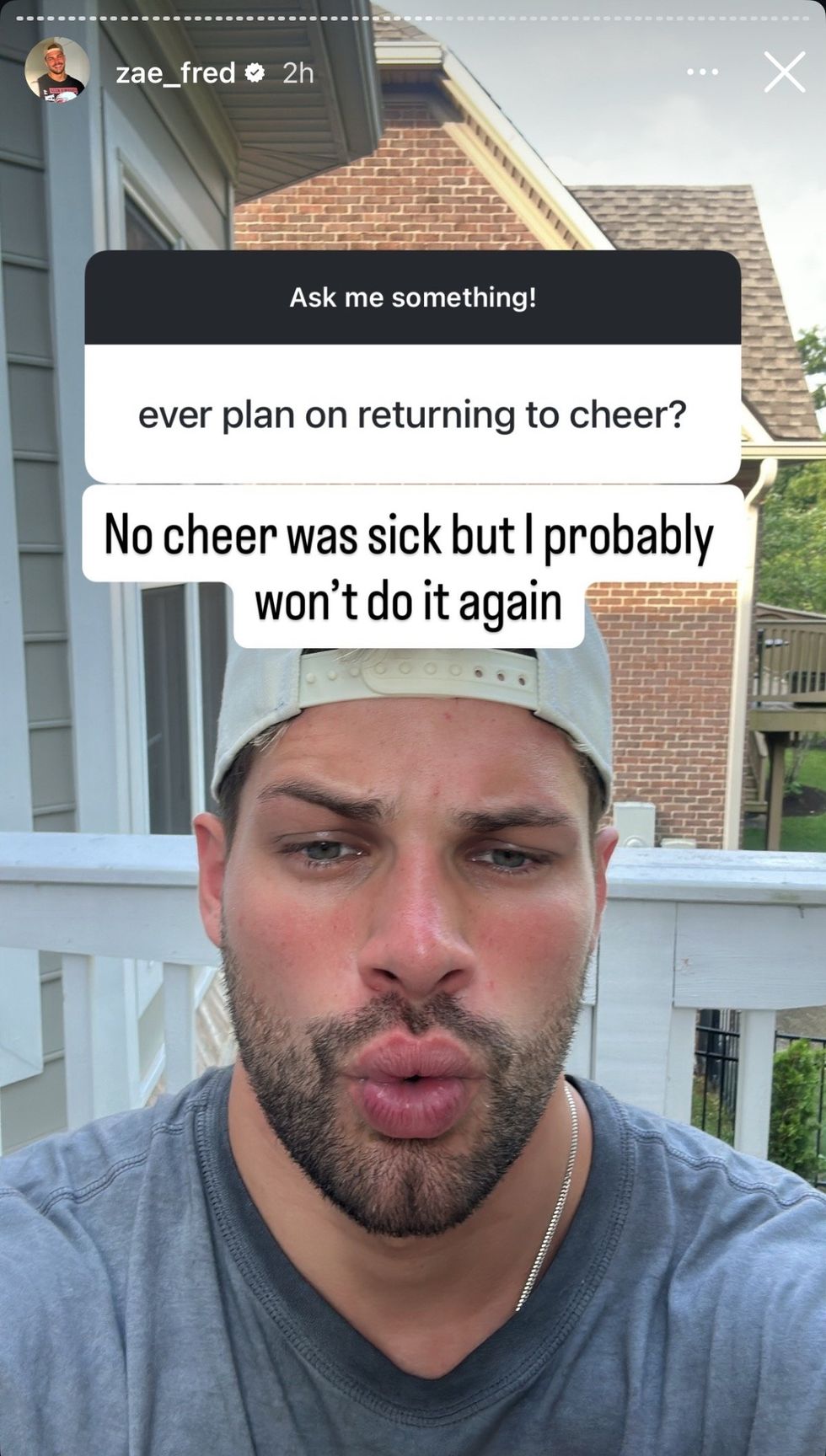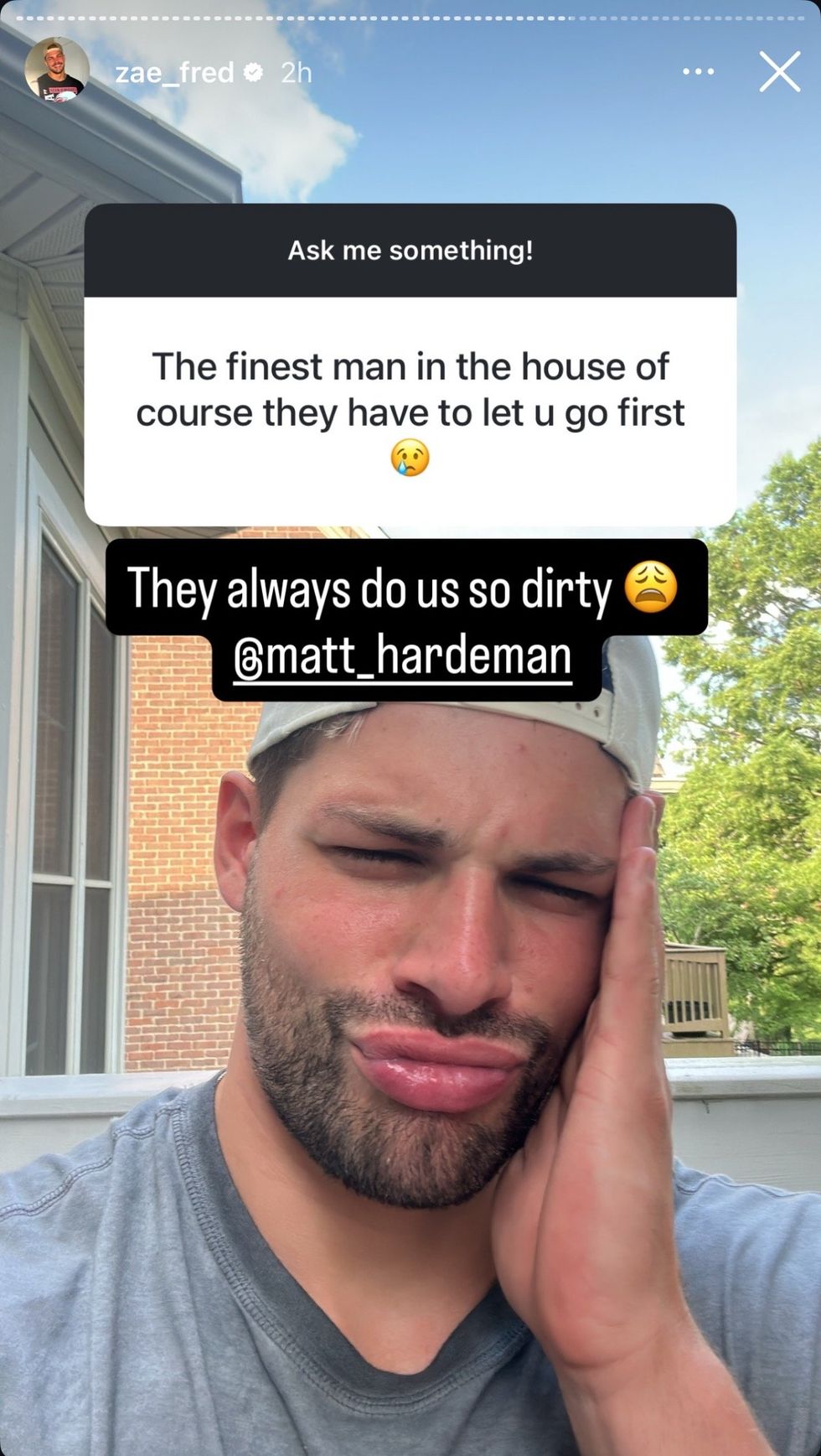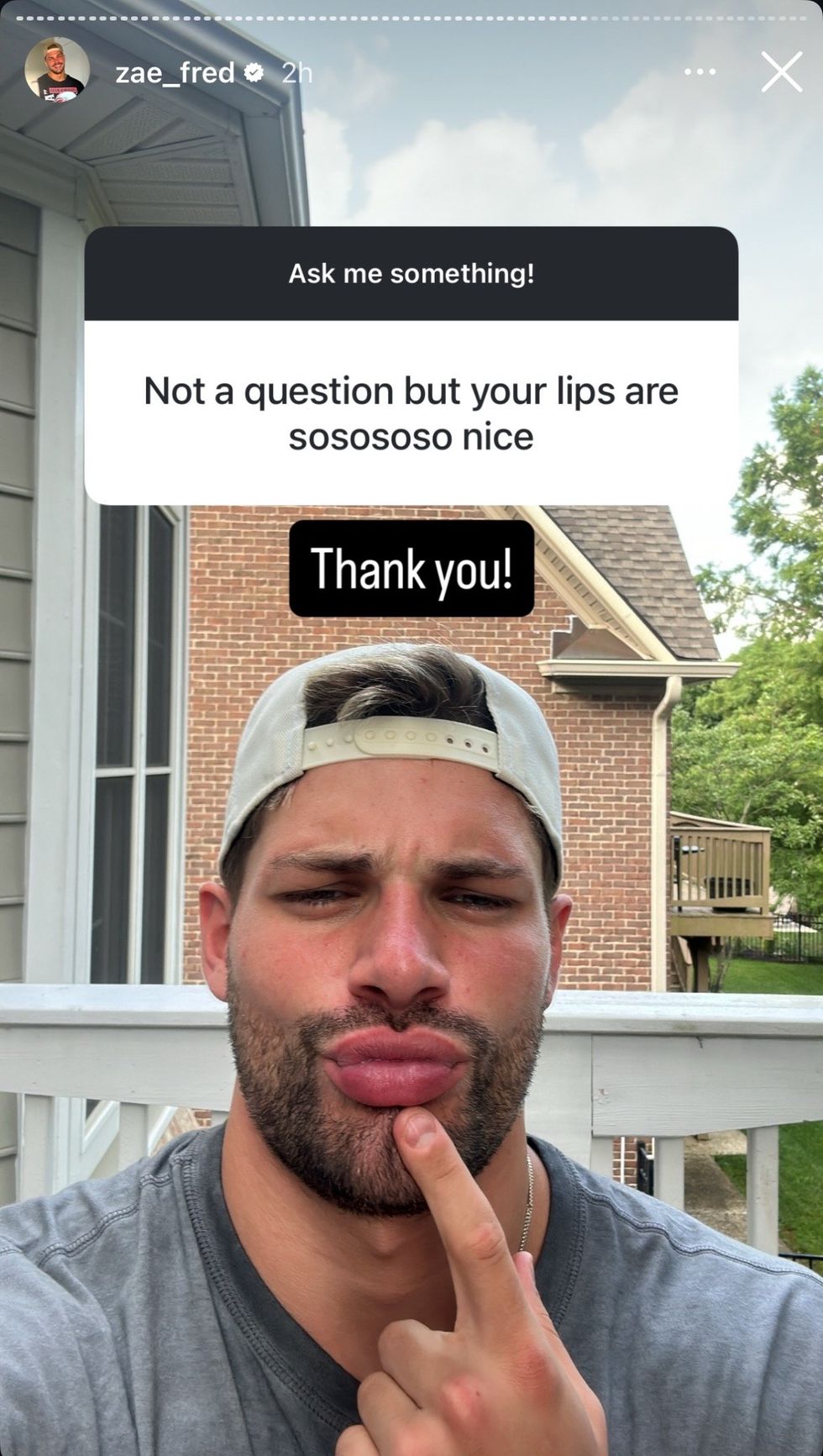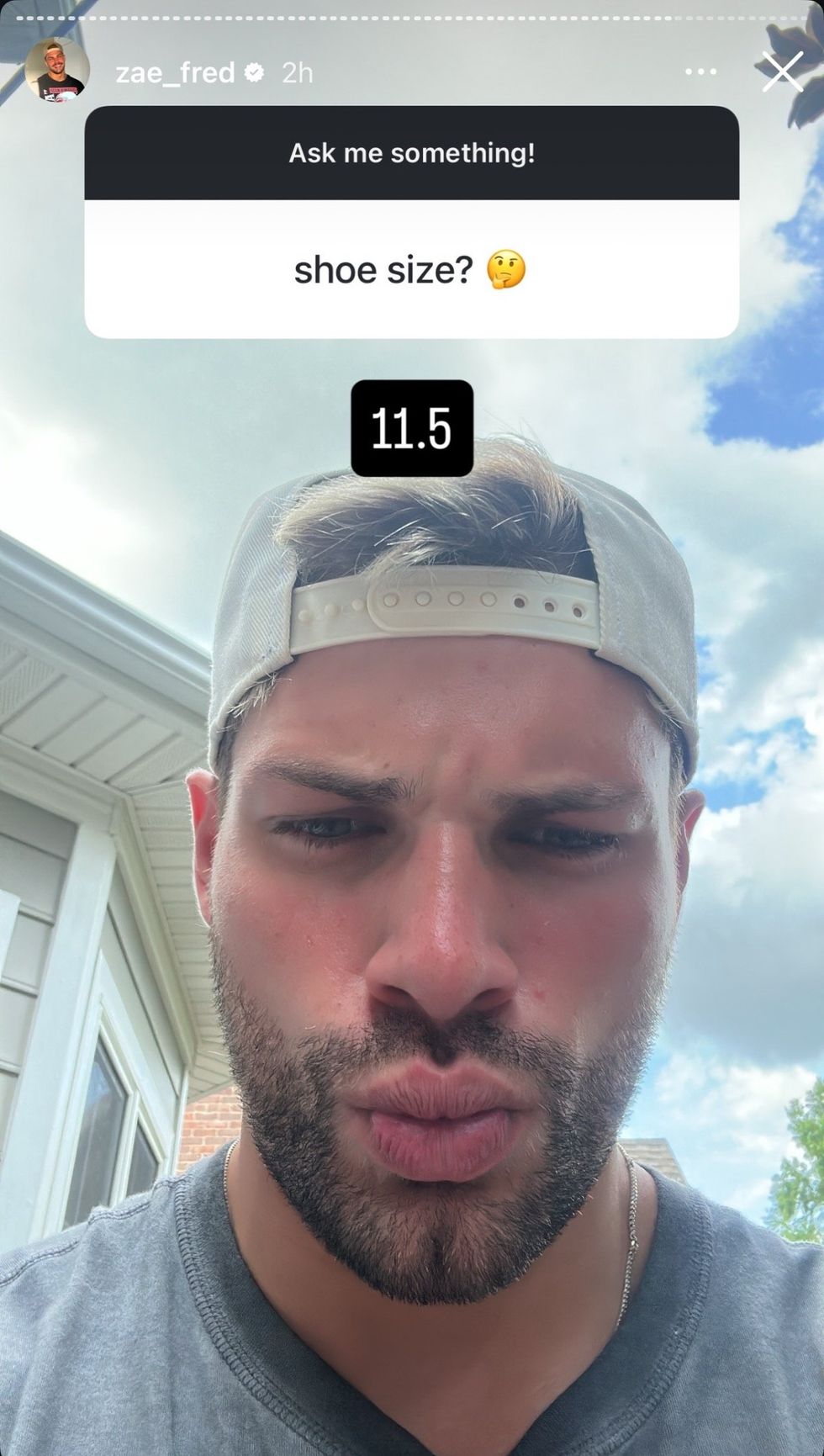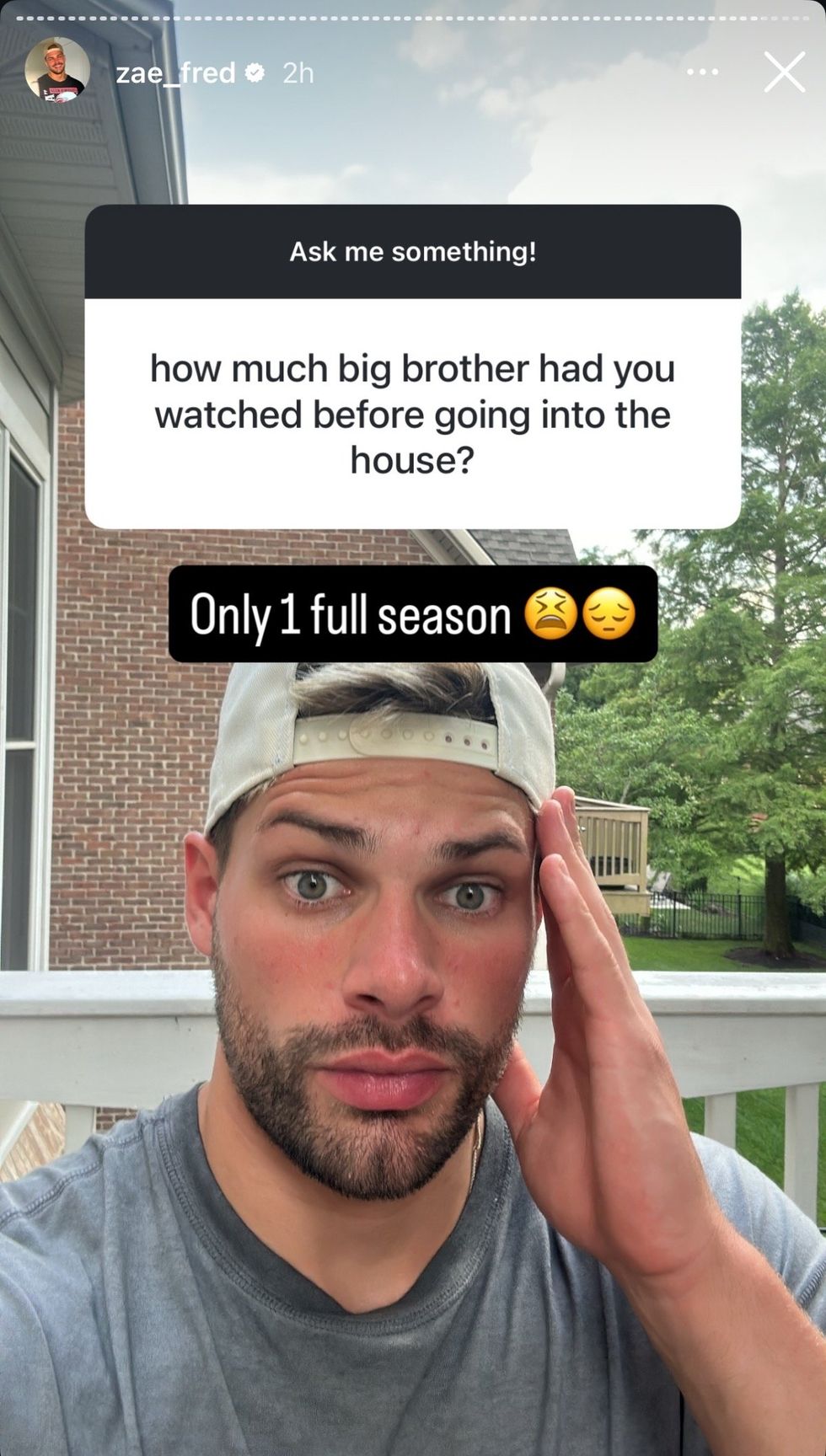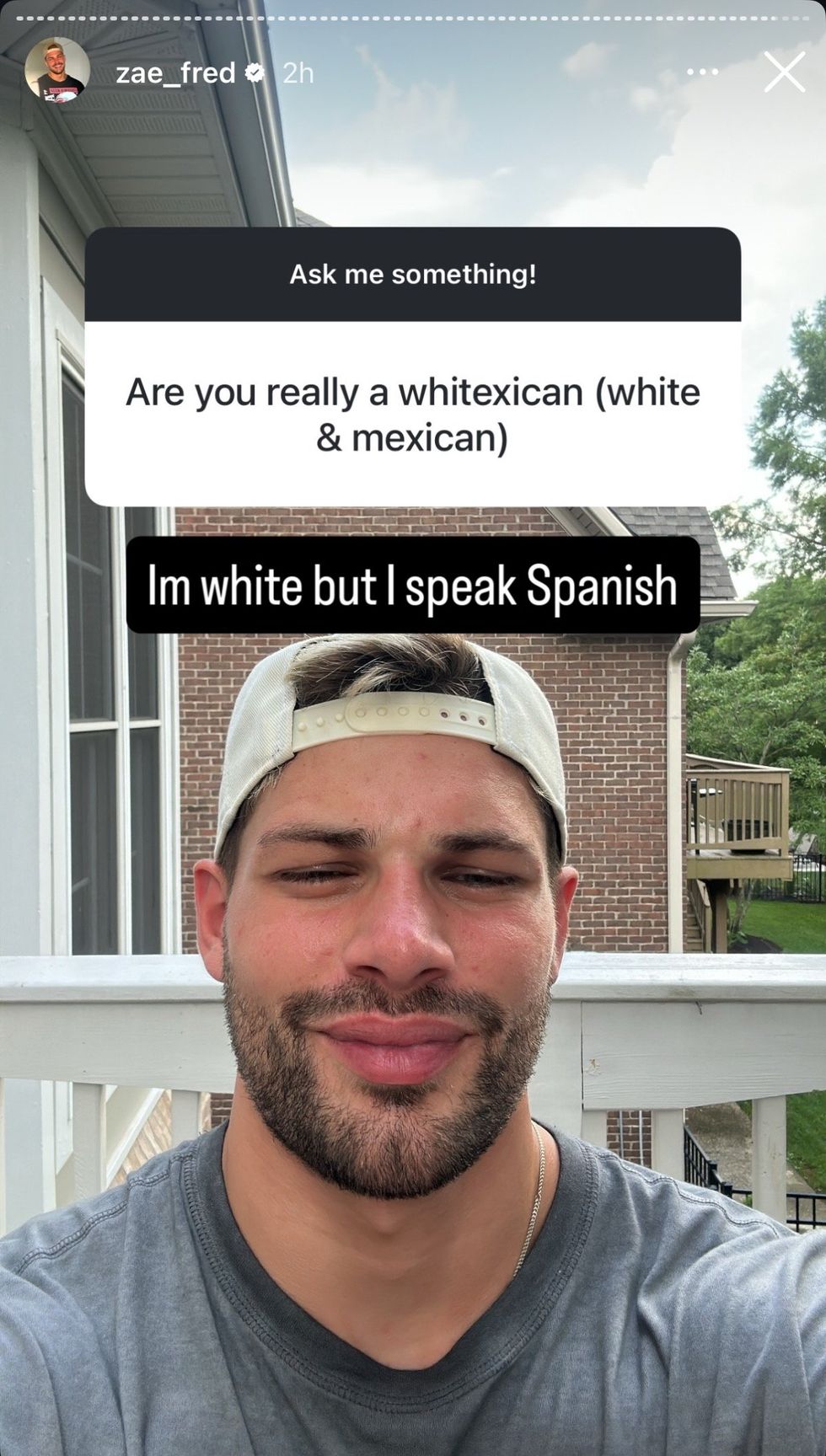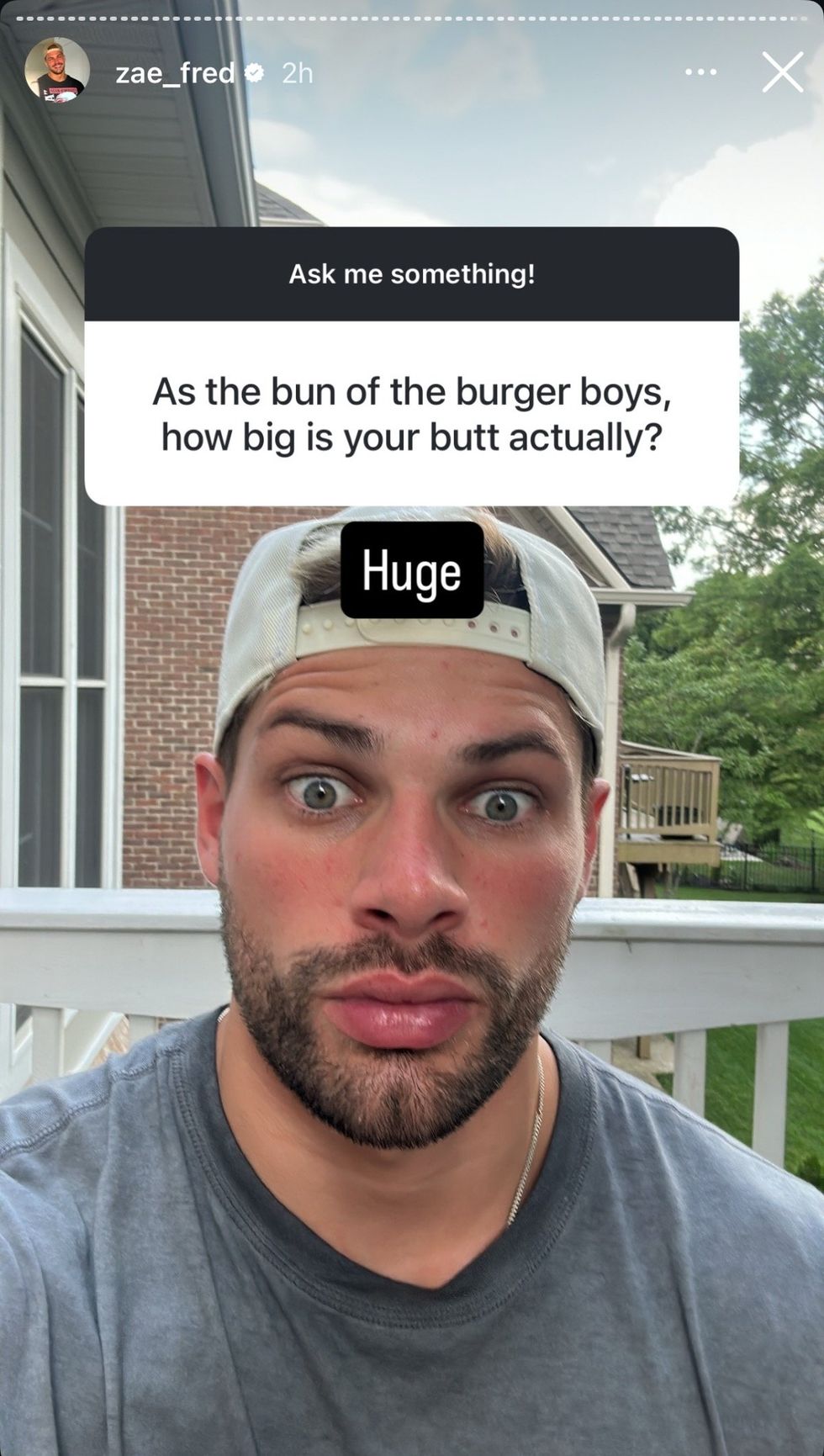I Love Dick, the 1997 part memoir, part feminist theory, part novel by Chris Kraus, is an unlikely choice for a television adaptation. The book, told through diaries and confessional letters to the eponymous Dick—later identified as media theorist Dick Hebdige—explores Kraus’s psycho-sexual obsession with Dick, her marriage to cultural theorist and founder of Semiotext(e), Sylvère Lotringer, and above all her development as an artist.
The revolutionary book’s close first person and long forays into feminist theory were seamlessly adapted in the Amazon pilot by lesbian playwright Sarah Gubbins, and queer Transparent creator Jill Soloway. The half-hour dramedy stars the incomparable Kathryn Hahn as Chris Kraus, Griffin Dunne as her husband Sylvère, and Kevin Bacon as Dick.
In the introduction to the 2006 edition of I Love Dick, poet Eileen Myles (Soloway’s girlfriend), writes, "Her living is the subject, not the Dick of the title. She turned female abjection inside out and aimed it at a man." Myles also encouraged Soloway to set the show in Marfa, Texas, where she owns a home.
The addition of Marfa provides the perfect fish out of water setting for the pilot. When New Yorkers Chris and Sylvère arrive in the strange Texas town, Chris has plans to leave immediately for Venice for the screening of her film in a festival while Sylvère attends a writing workshop. Before she finds out her film has been pulled for copyright infringement (she uses a song without permission), she comments on Sylvère’s new home, "Yeah, it’s like you’re fucking Amish. It sucks."
The marooned Chris attempts to smoke her anxiety away and runs into her neighbor Devon, played by actress Roberta Colindrez who is known for her roles as Joan in Fun Home and Tako on Girls. While Chris’s obsession may center on the elusive Dick, Devon is clearly intrigued by Chris. The butch local proclaims by the end of the episode that she’s writing a play about a couple from New York that centers on the wife. In Deadline’s casting announcement, Devon is described as being, "instantly drawn to Chris, but she’s waiting for the couple to come to some sort of agreement before she makes her move."
Chris’s obsession with the off-putting Dick provides similar creative inspiration. At a dinner with her husband and Dick, Chris describes her film. "It’s about a couple, or I would say the woman—and the couple. Actually, she kinda represents all women, and, uh, society’s, you know, crushing expectations," says Chris. Dick tells Chris the film sounds horrible. Then, he leans over to Sylvère and asks him if his wife’s work is any good. Seen from the offended and astonished Chris’s perspective, the scene seems to mock the male gaze.
The scene is later complicated when Chris’s letter to Dick reveals that in her own dream-like version of their dinner she was simultaneously disgusted by, angry with, and turned on by Dick. Kathryn Hahn effortlessly carries the complicated role.
In early June, Soloway told Vulture, "I don’t know how to write about anything other than myself. I can’t write about dragons, I don’t care about crime, I don’t want to write a hospital show. I only want to write about somewhat unlikable Jewish women having really inappropriate ideas about life and sex." I Love Dick fits the bill. Unlike Hahn’s character Rabbi Raquel Fein on Transparent, who often serves as a voice of reason, Chris Kraus is not always logical, or calm, or likable.
Like Transparent, I Love Dick doesn’t rely on cliffhangers or unrealistic soapy drama (think miraculous coma recoveries) to keep the audience engaged. It relies on the audience becoming as infatuated with the characters as Chris is with Dick. Soloway’s shows offer us a glimpse into the lives of characters who seem so real that we might have ridden the subway with them this morning, or worked with them at a bad job, or attended their wedding last spring. Those characters might even be us, and while that portrait may not always be flattering, Soloway doesn’t judge her characters—she just holds up a mirror.
While the Good Guys and Evil Villains of high budget TV offer an escape from reality, Soloway’s complex characters force us to look closely at reality, reflect, and see our own lives and the people around us in new ways. The most shocking parts of Soloway’s shows won’t make you gasp or sit on the edge of your seat. When Dick tells struggling filmmaker Chris, "Most films made by women ultimately aren’t … that good," she doesn’t respond with a well thought out monologue that neatly debunks Dick’s statement. She doesn’t conquer the bad guy with her quick wit or even throw her drink in his lap. She stammers the name of a few female filmmakers, then retreats to the bathroom in frustration.
Soloway’s shows are so binge-worthy because she knows the most dramatic moments are those closest to reality. We don't watch the next episode to find out if someone died an explosion. We watch to see how the characters handle ongoing conflicts in their lives.
After half an hour of I Love Dick, I felt I knew the characters better than I know many people in my life. The show’s ability to present the most private moments, secret thoughts, and strange fantasies of characters we rarely see on television is what makes it so satisfying. It’s also the reason audiences will keep coming back.
The most difficult part of watching the pilot was knowing that it may be our last glimpse of the show. I Love Dick is part of Amazon’s pilot season, where viewers can stream several pilot episodes, take a survey, and influence what gets picked up. It’s unclear just how much influence viewers have, but a show about the sexual desires of a woman over forty, gender theory, philosophy, and queer characters isn’t exactly what audiences are usually familiar or comfortable with.
Still, it seems like the smart choice for Amazon to place their trust in producer Jill Soloway after the success of Emmy-winning Transparent. In the 33-minute pilot, I Love Dick has already proved to be similarly entertaining, experimental, and groundbreaking television.




















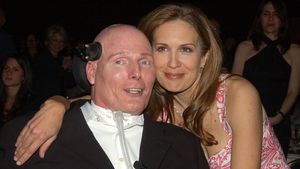
















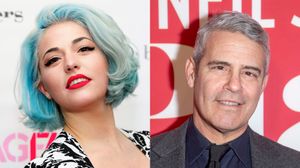




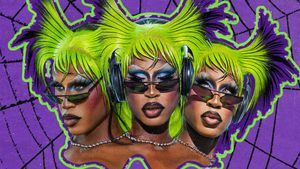



















 Anti-LGBTQ+ advocate Bridget Ziegler is a giant HYPOCRITE who had threesomes with womenFOX 13 Tampa Bay
Anti-LGBTQ+ advocate Bridget Ziegler is a giant HYPOCRITE who had threesomes with womenFOX 13 Tampa Bay






